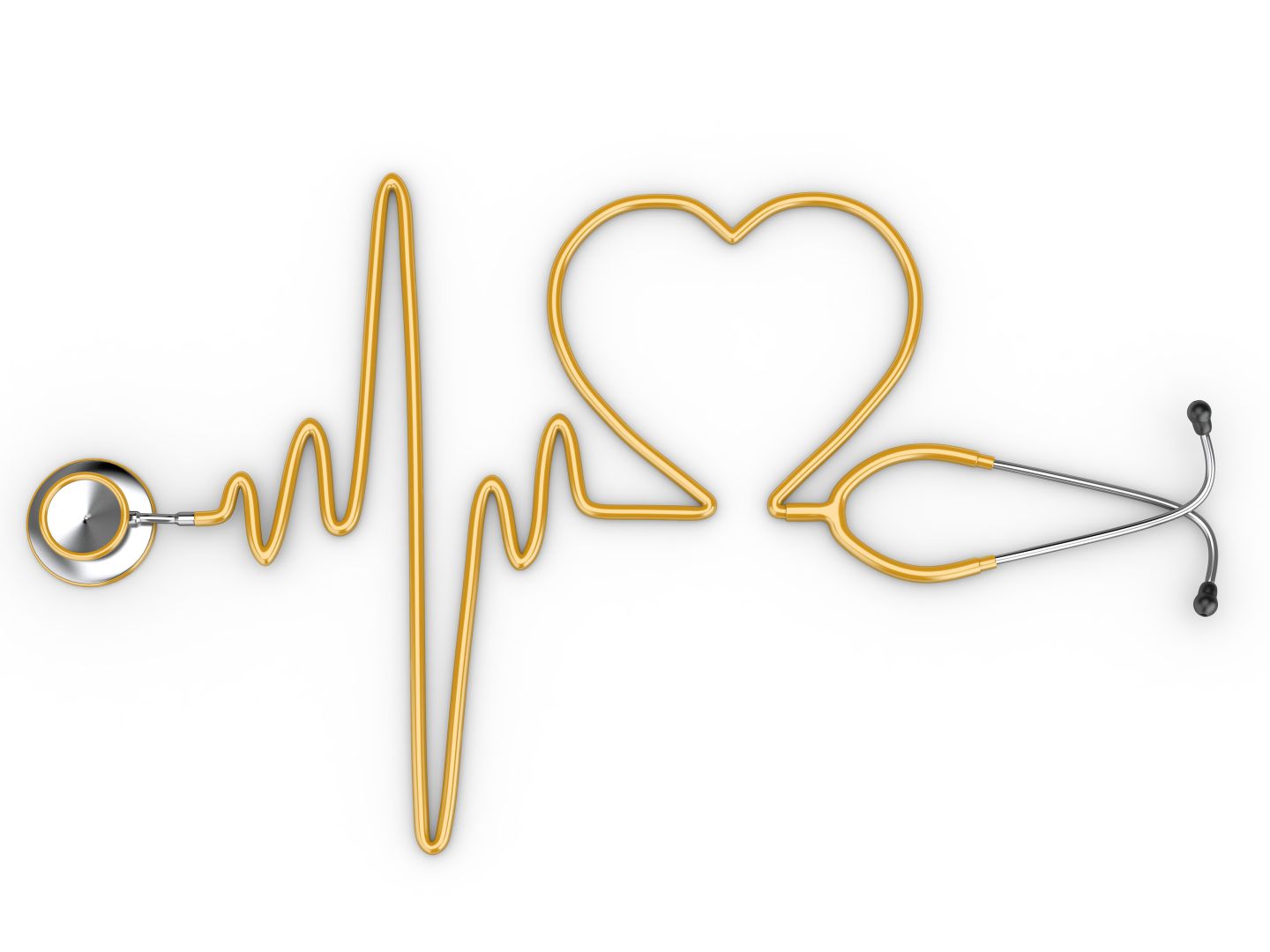We’ve all been there: fighting a miserable cold while balancing a hectic schedule. When faced with such a dilemma, what is one to do?
a) Let the cold heal on its own (hint: don’t go this route)
b) Make an appointment with your doctor
c) Visit a retail health clinic
Did the answer seem obvious to you? Perhaps your immediate preference would be to schedule an appointment with your doctor—after all, your physician knows you well and will likely offer good advice on making a speedy recovery. Or, maybe you would prefer to visit a retail health clinic for a quick assessment and prescription—after all, your time is precious.
Your immediate answer to that question may be indicative of your generational classification. A study from Salesforce found that roughly 50% of millennials do not have a personal relationship with their doctor, while a majority of baby boomers would say otherwise.
Millennials tend to prefer retail health clinics. These walk-in clinics are usually staffed with a nurse practitioner or physician’s assistant and typically treat common colds, allergies, sinus infections, and other mild health concerns. Many people also appreciate that retail health clinics offer physical exams and general health screenings that companies and schools often require.
A unique factor of these clinics is their locations. They are located in drugstores, grocery stores, and even retail establishments, such as Target. Additionally, many offer health services in the evenings and on weekends—a major bonus for the working crowd. Because of their convenient locations and hours, as well as their short wait times, retail health clinics are an appealing option.
It makes sense that millennials who generally place a high priority on efficiency and convenience are especially fond of retail health clinics. In fact, a survey from PNC Healthcare stated that 34% of 18-34 year olds preferred retail clinics, while only 17% of those in the older generation would choose that type of service. Though traditional hospitals and doctor offices are still an important and relevant part of healthcare, the rapid growth of retail health clinics and their long-term effect on healthcare site selection strategies cannot be ignored.
Related: Types of Healthcare Site Selection Models.
The Bottom Line
As millennials become the dominant demographic in the U.S., the number of retail healthcare centers will likely continue to rise. How can you be sure if a retail-style clinic is the best growth opportunity for your healthcare organization? Know who your existing and potential patients are.
Interested in learning more? Contact us to request a call with one of Buxton's healthcare experts. We can explain how consumer analytics can help you to understand your patient base and make the right strategic decisions.


